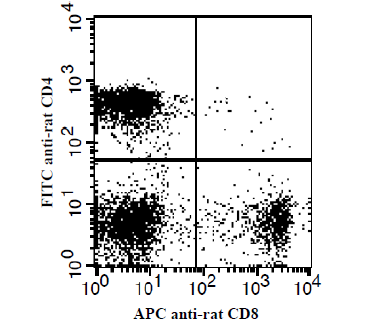Cookie preferences
This website uses cookies, which are necessary for the technical operation of the website and are always set. Other cookies, which increase the comfort when using this website, are used for direct advertising or to facilitate interaction with other websites and social networks, are only set with your consent.
Configuration
Technically required
These cookies are necessary for the basic functions of the shop.
"Allow all cookies" cookie
"Decline all cookies" cookie
CSRF token
Cookie preferences
Currency change
Customer-specific caching
FACT-Finder tracking
Individual prices
Selected shop
Session
Comfort functions
These cookies are used to make the shopping experience even more appealing, for example for the recognition of the visitor.
Note
Show the facebook fanpage in the right blod sidebar
Statistics & Tracking
Affiliate program
Conversion and usertracking via Google Tag Manager
Track device being used

If you have any questions, please use our Contact Form.
You can also order by e-mail: info@biomol.com
Larger quantity required? Request bulk
You can also order by e-mail: info@biomol.com
Larger quantity required? Request bulk
This gene encodes a member of the cysteine proteases that plays important roles in apoptosis,... more
Product information "Anti-Cleaved-Caspase-4 p20 (Q81)"
This gene encodes a member of the cysteine proteases that plays important roles in apoptosis, cell migration and the inflammatory response. The encoded protein mediates production of pro-inflammatory cytokines by macrophages upon bacterial infection. Mice lacking the encoded protein are resistant to endotoxic shock induced by lipopolysaccharide. A 5-bp deletion encompassing a splice acceptor junction resulting in alternate splicing and a shorter non-functional isoform in certain mouse strains has been described. Although its official nomenclature is "caspase 4, apoptosis-related cysteine peptidase", this gene and its encoded protein have historically been called caspase 11. This gene is present in a cluster of three caspase genes on chromosome 9. Protein function: Inflammatory caspase (PubMed:7797510, PubMed:23516580, PubMed:25119034). Essential effector of NLRP3 inflammasome- dependent CASP1 activation and IL1B and IL18 secretion in response to non-canonical activators, such as UVB radiation, cholera enterotoxin subunit B and cytosolic LPS (PubMed:22246630, PubMed:26174085, PubMed:26173988, PubMed:26508369, PubMed:25964352). Independently of NLRP3 inflammasome and CASP1, promotes pyroptosis, through GSDMD cleavage and activation, and IL1A, IL18 and HMGB1 release in response to non-canonical inflammasome activators (PubMed:24879791, PubMed:25964352). Plays a crucial role in the restriction of Salmonella typhimurium replication in colonic epithelial cells during infection (PubMed:25121752). In later stages of the infection, LPS from cytosolic Salmonella triggers CASP4 activation, which ultimately results in pyroptosis of infected cells and their extrusion into the gut lumen, as well as in IL18 secretion. Pyroptosis limits bacterial replication, while cytokine secretion promotes the recruitment and activation of immune cells and triggers mucosal inflammation. Involved in LPS-induced IL6 secretion, this activity may not require caspase enzymatic activity (PubMed:26508369). Involved in cell death induced by endoplasmic reticulum stress and by treatment with cytotoxic APP peptides found Alzheimer's patient brains (PubMed:15123740, PubMed:22246630, PubMed:23661706). Activated by direct binding to LPS without the need of an upstream sensor (PubMed:25119034). Does not directly process IL1B (PubMed:7743998, PubMed:7797592, PubMed:7797510). During non- canonical inflammasome activation, cuts MB21D1 and may play a role in the regulation of antiviral innate immune activation (PubMed:28314590). [The UniProt Consortium]
| Keywords: | Anti-cleaved-ICH2, Anti-cleaved-CASP4, Cleaved-Caspase-4 p20 (Q81) Polyclonal Antibody |
| Supplier: | Elabscience |
| Supplier-Nr: | E-AB-30021 |
Properties
| Application: | WB, IHC (paraffin), ELISA |
| Antibody Type: | Polyclonal |
| Conjugate: | No |
| Host: | Rabbit |
| Species reactivity: | human |
| Immunogen: | Synthesized peptide derived from the Internal region of human Caspase-4 p20 |
| Format: | Purified |
Database Information
| KEGG ID : | K04394 | Matching products |
| UniProt ID : | P49662 | Matching products |
| Gene ID | GeneID 837 | Matching products |
Handling & Safety
| Storage: | -20°C |
| Shipping: | 4°C (International: -20°C) |
Caution
Our products are for laboratory research use only: Not for administration to humans!
Our products are for laboratory research use only: Not for administration to humans!
Information about the product reference will follow.
more
You will get a certificate here
Viewed





